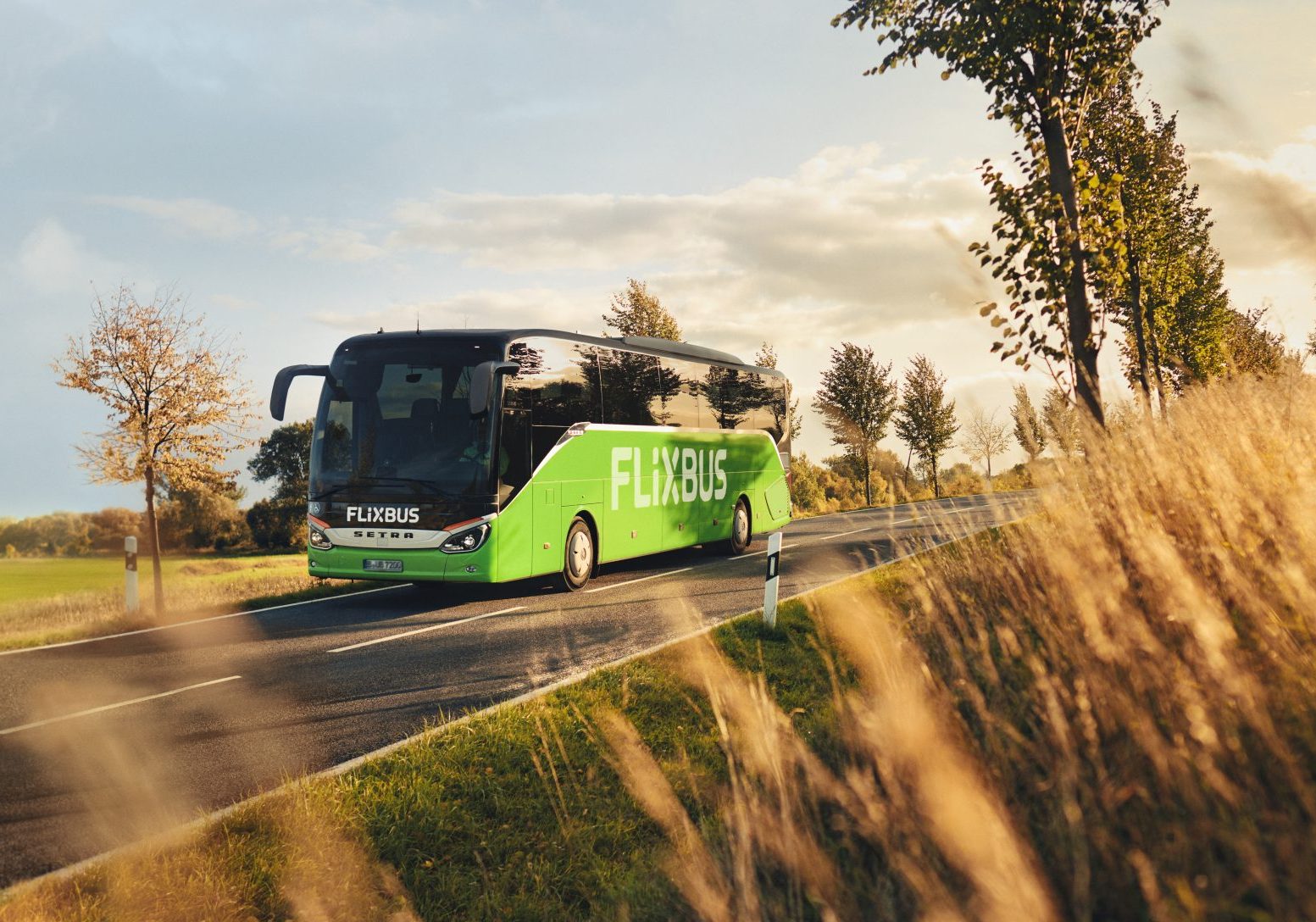16. November 2022
Opinion: All eyes on COP27, but aren’t we focusing on the wrong things?

We can only expect dramatic consequences for the world if we do not look to cut carbon emissions immediately. Not tomorrow, or the day after. But today. With transport being one of the main sources of emissions, it is absolutely key that politicians put their focus on how to enforce carbon neutrality before it is too late.
Right now, all eyes are on COP27, and everyone agrees that we want to achieve carbon neutrality. No one seems to know how to achieve it.
So how do we drive to zero?
Supporting innovation that will lead to carbon-free travel will be one of the main drivers.
In the long-distance bus industry, emission-free technology can replace a diesel engine coach without any limitations. While our fleet (at FlixBus) is already very low-emitting, and our FlixTrain is running on 100% renewable energy, we have long been keen to explore all new promising technologies, from e-bus lines to biogas to hydrogen.
A year ago, thanks to co-financing by the German government, with partners Freudenberg Sealing Technologies and ZF Friedrichshafen, we kicked off a HyFleet project to build a hydrogen-powered engine that will, in the long run, substitute traditional diesel engines.
Flix is aiming to do its part, however, to make an impact it would require all stakeholders to take this topic seriously – from policymakers to infrastructure providers to transport operators etc.
Ultimately all of us have to change our individual behaviour and attachment to private cars.
Private cars as the main problem?
Individual cars represent over 80% of traffic in land passenger transport, meaning they bear the most responsibility for the sector’s carbon footprint. As a passenger emits 6 times less CO2 when taking the coach instead of a car, it goes without saying that passengers need to be incentivized to choose these collective transport modes over private cars. Buses also contribute to reducing traffic congestion which in turn reduces emissions and they are also far safer than individual cars.
Other issues will emerge – a huge demand for green energy, which will remain a limited resource for the foreseeable future. Particularly if the world wants to ensure greater energy security, amidst the scarcity, it is necessary to use green energy in the most efficient way possible and that’s possible through supporting sustainable collective transport. The global situation over the last year has shown just how fragile our energy network is, and we need to address how we tackle that too.
Add in the fact the world population has just reached 8 billion people, it is easy to understand that competition for those scarce resources is increasing, so we have a problem that needs solving today.
Changing one’s habit is a long journey to take
To change people’s behaviour, we need to look at the reasons why they tend to choose personal cars over other options. Usually, it’s mainly a matter of convenience and accessibility.
While we have seen steps towards more efficient or cleaner ways of fuelling your cars, the issue remains the same. It is not nearly clean enough, and with the increased number of cars that have been driving on the roads, it has only launched a new set of problems. Roads and infrastructure have had to adapt and increase capacity in order to accommodate the rising demand for individual travellers.
But what if we instead looked towards solving the issue at its core rather than dealing with the symptoms? Making the world of passenger transport more efficient and better responding to passengers’ needs and how they travel is essential. As Gustavo Petro, Mayor of Bogotá said: “A developed country is not a place where the poor have cars. It’s where the rich use public transportation”, so, we should aim to shift habits by having good and affordable collective transport.
Only a sustainable mobility policy that includes not only investment in green-tech innovation but also a functioning collective transport sector, would ensure we can meet the carbon-neutrality deadline. In short, the current view of policymakers seems too focused on investment in technological innovation and disincentivising fossil fuels. It assumes that the transport system of the future will largely mirror the way we travel today.
But the fact of the matter is that it doesn’t consider the options of people being willing to switch their behaviour towards a far more sustainable option in collective transport. For it to work, we need to reconsider the current landscape for travel options and make collective transport more accessible, reliable, affordable, and convenient.
If we really want a green revolution in transport, we must address the central variable of the mobility equation: adjusting the transport offer to its demand by creating credible collective transport alternatives to individual ones.
About Flix
Flix intends to transform the public transport sector by offering sustainable and affordable long-distance bus- and train travel solutions in more than 40 countries across four continents. With its asset-light business model and innovative technology platform, Flix, launched in 2013 swiftly established a market-leading position for long-distance bus travel in Europe, North America and Türkiye and is rapidly expanding further into South America and India through its brands FlixBus, FlixTrain, Kamil Koç, and Greyhound.
Driven by increased awareness for sustainable travel, Flix aims to become carbon neutral in Europe by 2040 and globally by 2050. To assess its progress within a scientifically recognized framework, Flix established near-term targets for emissions reduction with the Science Based Targets initiative.
While Flix manages the commercial side of the business such as network planning, pricing, operations control, marketing and sales, quality management and continuous product development with a data-driven approach, trusted Flix partners conduct the daily operations. The innovative combination of Flix’s technology and sales platform with traditional passenger travel has turned a European start-up into a leading and globally expanding travel tech company.
For more information, please visit corporate.flix.com